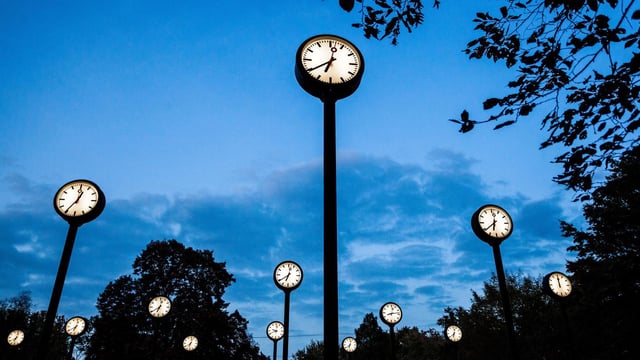Overview
- A cross-party group of 66 EU parliamentarians is advocating for the end of the biannual time change, citing health risks and public dissatisfaction.
- Despite a 2018 survey showing 84% of EU citizens favor abolishing daylight saving time, the initiative has stalled in the EU Council.
- Experts are divided on the health impacts; some argue the time change aligns with natural light cycles, while others cite increased health risks like heart attacks.
- Countries like Iceland, Japan, and Argentina have already abolished daylight saving time, maintaining a consistent time year-round.
- The EU's previous attempts to end the time change have been hindered by disagreements over adopting permanent summer or winter time.



